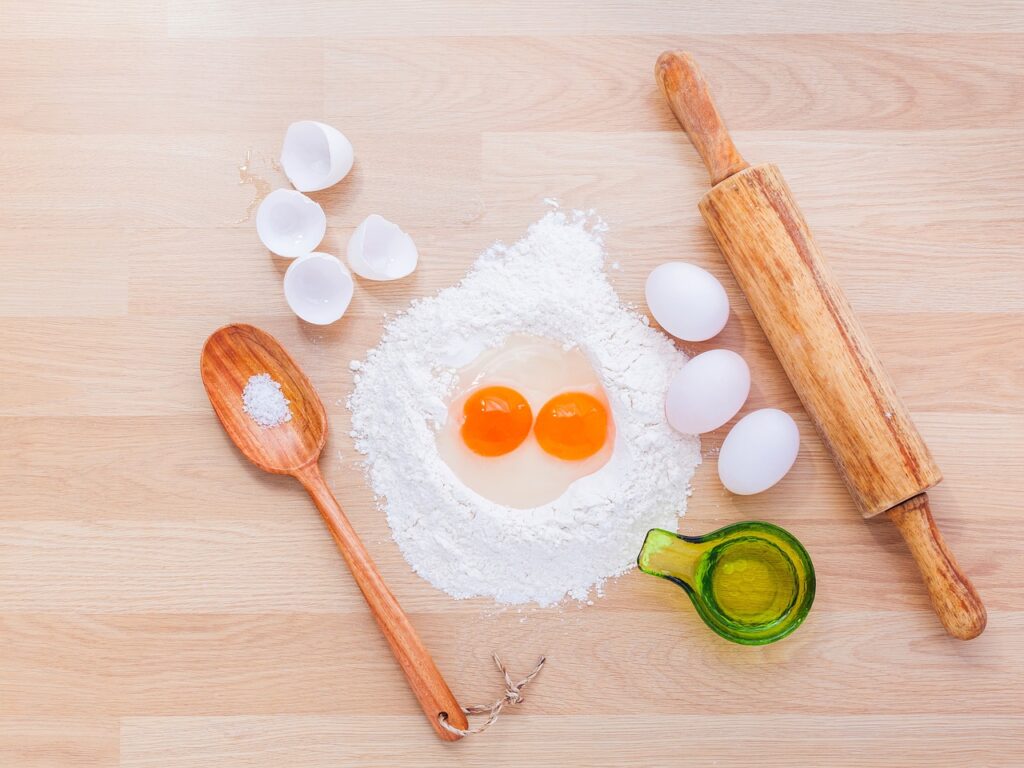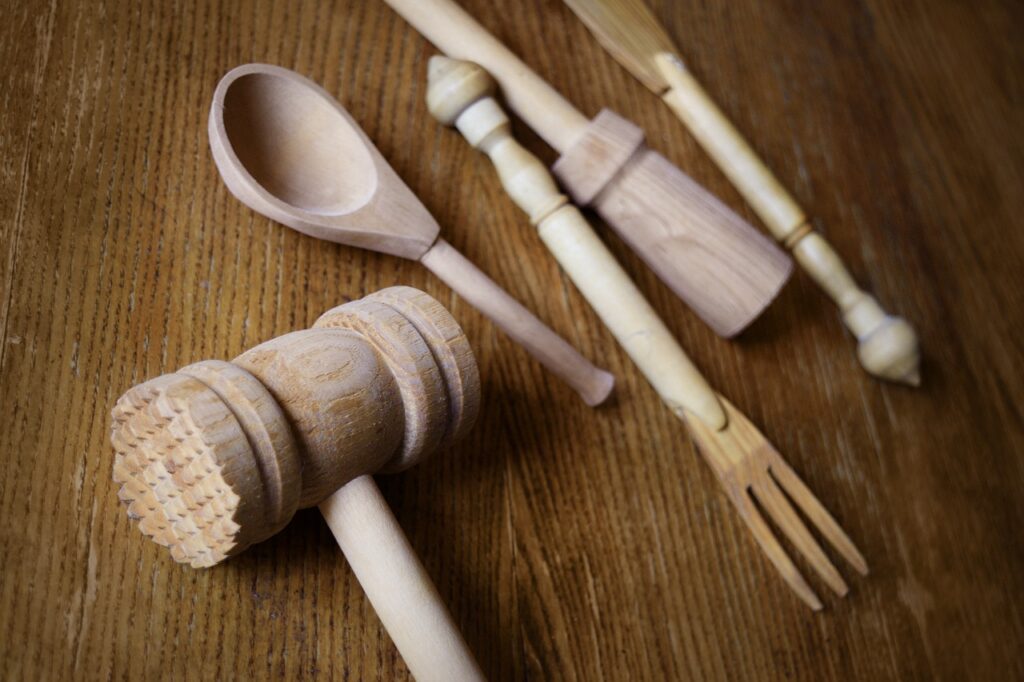Baking at home can be an extremely rewarding and delicious hobby. However, without understanding the basic foundations of baking, your creations may not turn out as intended. Mastering the essential elements of baking is key to consistent, high-quality results every time.
In this comprehensive guide, we will cover the 5 essential tips and elements required for successful home baking. From oven temperature and ingredient measurements to proper tools and techniques, read on to discover the keys to baking perfection.
Why Learn the Fundamentals of Baking?
Before diving into the specifics, it helps to understand why learning baking basics is so important. Here are some of the key reasons:
- Consistency – Mastering basics leads to reliable, repeatable results each time you bake. You’ll know what works and what doesn’t.
- Confidence – With baking knowledge under your belt, you’ll feel assured tackling more complex recipes and techniques. No more guessing!
- Skill Building – Good baking requires both art and science. Understanding the core elements trains your brain and hands for success.
- Creativity – Once you know the rules, you can start bending and breaking them! Foundational skills unlock your freedom to improvise.
- Special Diet Baking – Whether gluten-free, keto, or vegan, you need a handle on fundamentals to adapt recipes successfully.
In short, comprehensive baking knowledge empowers you to bake like a pro at home. Let’s get started!
1. Accurate Measurements
The first essential element for quality baking is accurate ingredient measurement. Baking relies heavily on the ratios between ingredients in order to produce the desired chemical reactions. If your measurements are off, so will your final product.
Follow these tips for measuring success:
- Invest in quality measuring cups and spoons. Sturdy tools will last and provide precision.
- Understand the difference between volume and weight. For dry goods, weigh when possible for better accuracy.
- Use proper techniques – scoop & level dry ingredients, liquid at eye level, etc.
- Double check conversions if substituting ingredients. Baking math matters!
- Follow recipe instructions precisely. Don’t fudge amounts or skip steps.
While it may seem trivial, every fraction of a teaspoon or tablespoon makes a difference. Develop good measurement habits from the start.
Key Takeaways:
- Quality tools are essential for accurate measuring
- Volume vs. weight – weigh dry goods whenever possible
- Master proper measuring techniques for each ingredient
- Follow recipes precisely – no fudging on amounts!

2. Proper Ingredient Temperature
A second fundamental factor in baking success is ensuring your ingredients are at the proper temperature before mixing and baking.
Temperature directly impacts the reaction between ingredients. Colder ingredients slow reactions down, while warmer ingredients accelerate them. Getting this balance right makes or breaks the final product.
Follow these temperature tips:
- Let eggs, butter, and milk come to room temperature before baking. This typically takes about 30 minutes.
- Alternatively, place cold eggs in warm water for 5-10 minutes to bring them up to temperature quickly.
- Store flour, baking powder, spices, and other dry goods at room temperature in sealed containers.
- If using cold butter directly from the fridge, grate it into the dry ingredients to coat and soften before mixing.
- Avoid overheating ingredients when melting chocolate or butter. Use low heat and stir constantly.
Careful temperature control will amp up the volume, rise, and texture of your baked goods. Don’t rush this essential step.
Key Takeaways:
- Let eggs, butter, milk come to room temp before baking
- Store dry ingredients properly at room temperature
- Grate cold butter into dry mix to soften before mixing
- Avoid overheating delicate ingredients like chocolate
3. Knowing Your Oven
To bake like a pro, you need to intimately understand the quirks of your own oven. Oven temperature accuracy and hot spots vary widely from oven to oven.
Here are tips for mastering your oven:
- Invest in an oven thermometer. Check that your oven heats to the correct temperature. If not, adjust time and temp to compensate.
- Learn your oven’s hot and cool spots. Rotate pans accordingly for even baking.
- Make note of oven behaviors. Electric vs. gas ovens react at different speeds when adjusting temp.
- Allow proper oven preheating time. Don’t put pans in early.
- Open the oven door as little as possible once baking. This maintains temperature stability.
- Leave at least 1-2 inches around pans for air flow. Crowding leads to uneven cooking.
- If baking large batches, consider staggering pans on different racks.
Put your oven through its paces to uncover its unique traits. This understanding leads to baking mastery.
Key Takeaways:
- Invest in an oven thermometer
- Identify and accommodate for hot and cool spots
- Learn your oven’s quirks – speed of heating/cooling, etc.
- Allow for proper preheating before baking
- Avoid opening the oven door unnecessarily during baking
- Leave space between pans for air flow

4. Quality Bakeware
Great bakeware is essential for mediocre baking to become extraordinary. Investing in quality pans, trays, and sheets makes a noticeable difference in baking success.
For top-notch results, look for:
- Heavy pans with balanced heat distribution – avoids hot spots
- Non-stick interior coatings like ceramic, for easy release
- Custom pan shapes and sizes according to recipes
- Oven-safe materials like stainless steel, aluminized steel, etc.
- Light colors for even browning and minimal over-baking
- Nested pans and trays for compact storage
- Sturdy construction to prevent warping and denting
It’s worth gradually upgrading your bakeware over time. Take proper care and your investment will last for years.
Key Takeaways
- Quality bakeware has even heat distribution and non-stick surfaces
- Use pan sizes and shapes suited to each recipe
- Opt for durable, oven-safe materials resistant to warping
- Light colored surfaces help prevent over-browning
- Nestable bakeware maximizes storage efficiency
5. Essential Baking Tools
A well-stocked baking toolkit will set you up for success from the start. Having the right tools for each job makes the process smoother and often improves results.
Here are the essentials every baker should have:
- Digital kitchen scale for weights and accuracy
- Mixer for heavy dough kneading and whipping
- Rolling pin for even dough thickness and shaping
- Cooling racks to allow air circulation after baking
- Offset spatulas for frosting cakes and scooping batters
- Bench scraper to portion doughs and clean surfaces
- Wire whisks to incorporate air into batters
- Microplane zester for fine citrus zest
- Oven thermometer as mentioned previously
- Parchment paper for non-stick baking and easy transfers
- Pastry brush for glaze and sauce application
Invest wisely in tools you’ll use often. Quality gear lasts ages and makes baking a breeze.
Key Takeaways
- Digital scale, mixer, thermometer are essentials
- Stock tools for every baking task like whisks, zester, etc.
- Cooling racks allow proper air flow after baking
- Parchment paper prevents sticking and eases transfers
- Quality tools are worth the investment for ease and durability

Conclusion: Master the Fundamentals of Baking
Now that you’re armed with knowledge of the 5 essential tips for successful home baking, you’re ready to create bakery-quality masterpieces in your own kitchen.
Remember to focus on:
- Precise ingredient measurements
- Proper temperature control
- Complete oven understanding
- Quality bakeware
- Stocking your baking toolkit
With these fundamentals mastered, you can confidently tackle every recipe with consistency and skill. Baking perfection is within your reach.
What essential baking knowledge have you found to be most helpful? Share your experiences and tips in the comments below!




